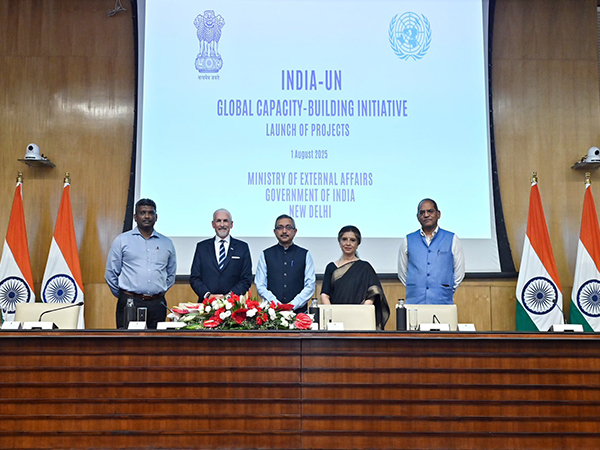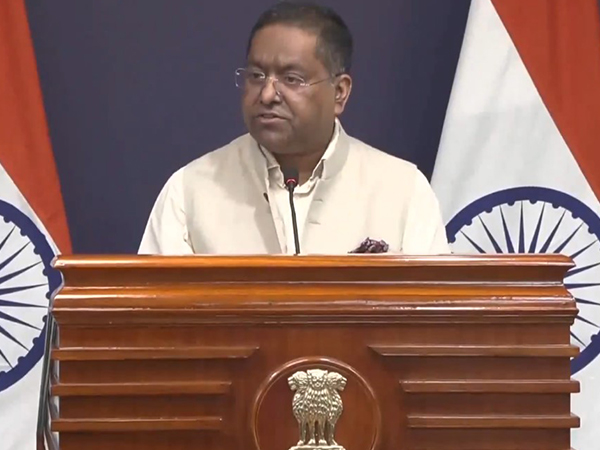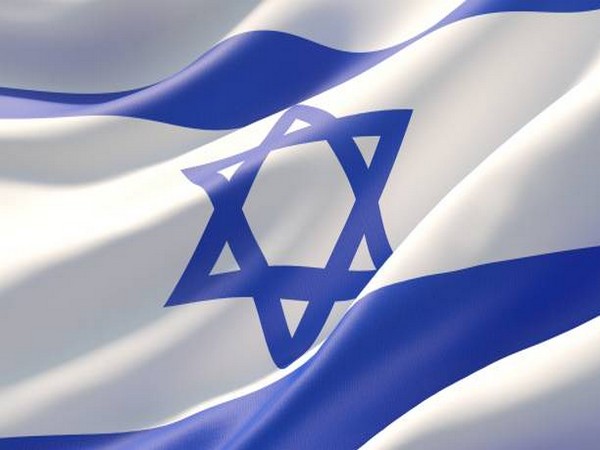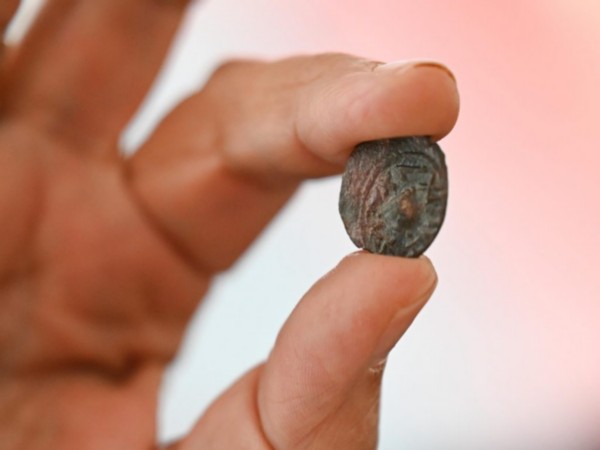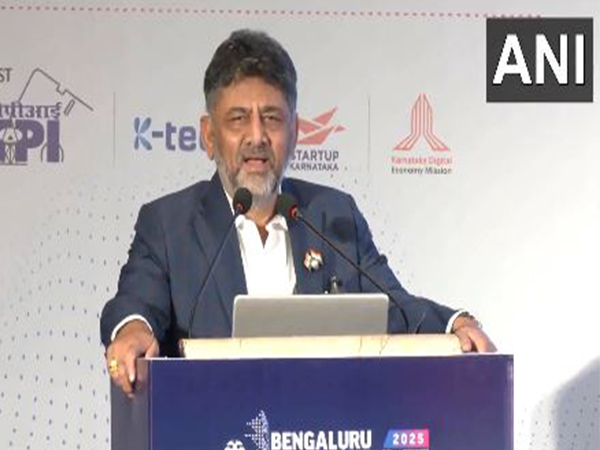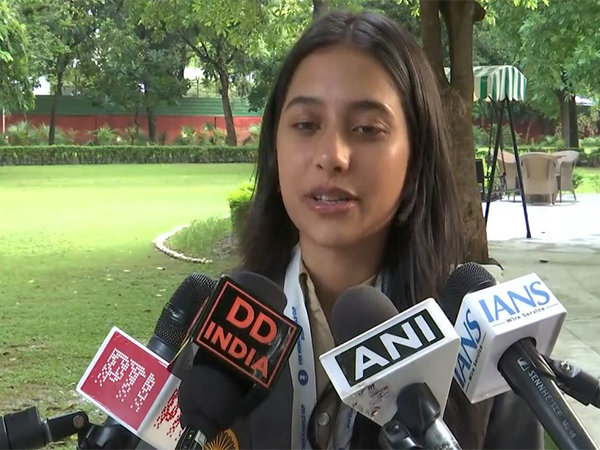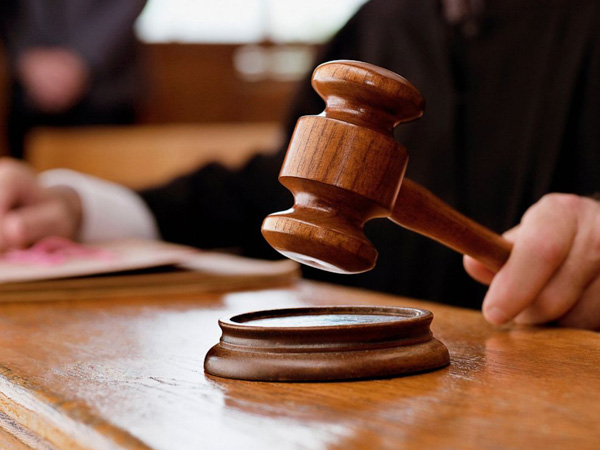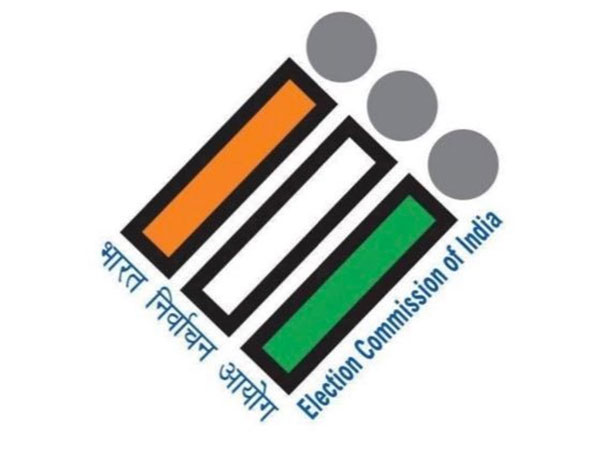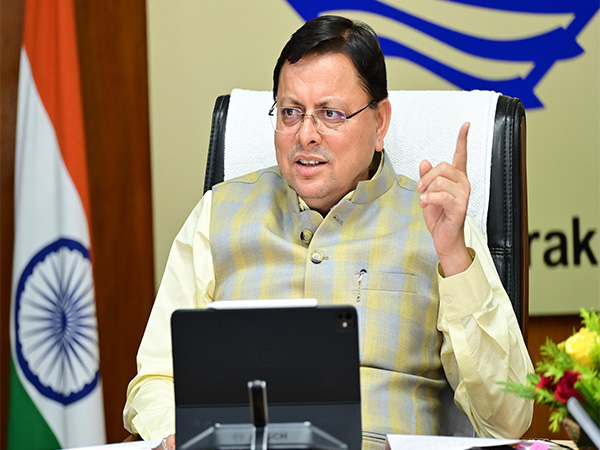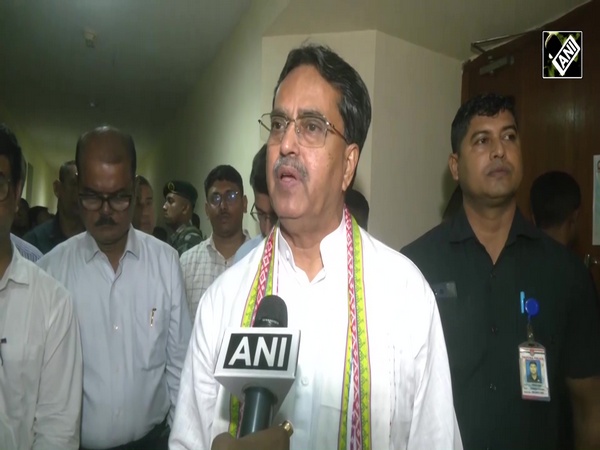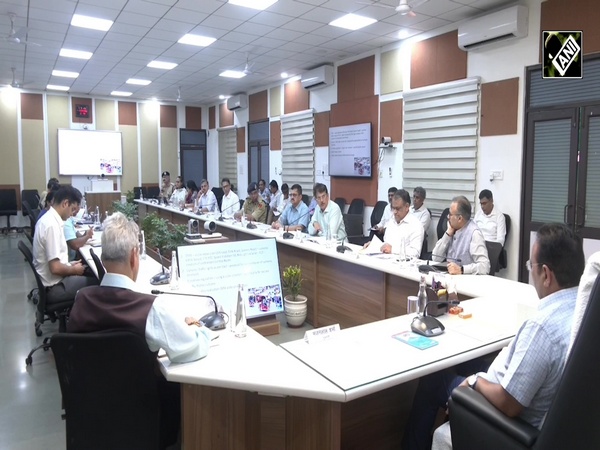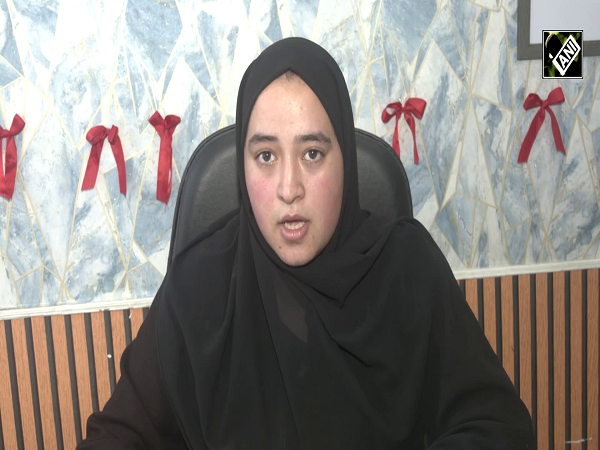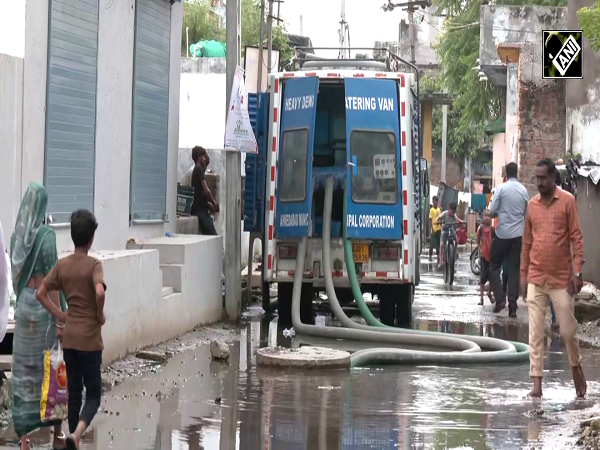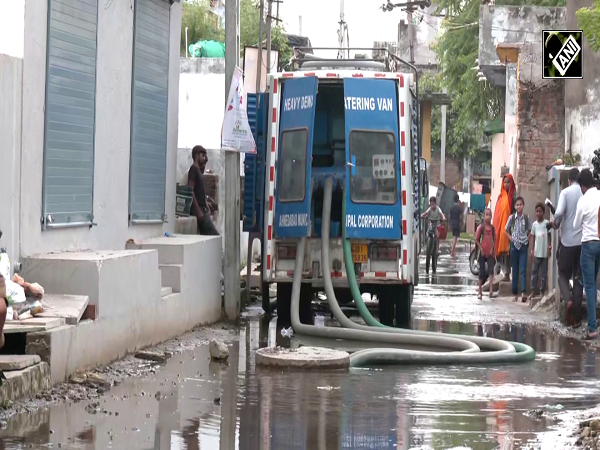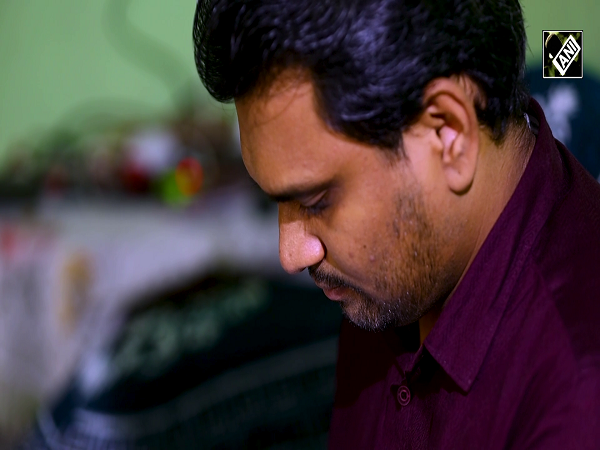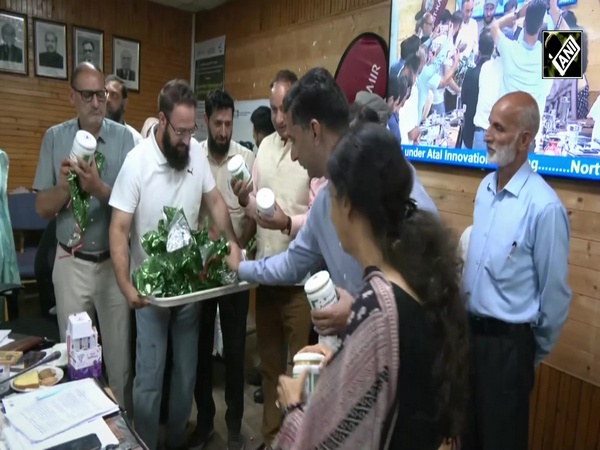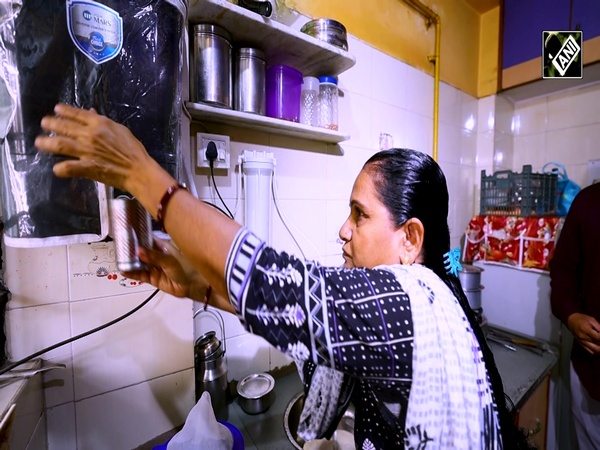WHO Africa to look into dozens of COVID-19 herbal remedies to be tested in Phase 3 trials
Oct 02, 2020

Geneva [Switzerland], October 2 (ANI/Sputnik): The African Regional Expert Committee on Traditional Medicine for COVID-19 will gather soon to pick the most promising herbal medicine products against the disease, which under the newly adopted protocol put forth by the World Health Organisation (WHO), could be given the green light for phase 3 clinical trials, Dr Jean-Baptiste Nikiema of the WHO Africa region told Sputnik.
In September, the expert committee, formed by the WHO, the Africa Centre for Disease Control and Prevention, as well the African Union Commission for Social Affairs, endorsed a protocol for phase 3 trials of herbal medicine for COVID-19.
"We are targeting all traditional medicine that can be proposed against COVID-19. There are many, many products countries are proposing; sometimes some of them are not very relevant. That's why the WHO is supporting countries with some criteria to select what can be relevant to go for phase III clinical trials," Nikiema, WHO Africa team lead for medicine supply, health infrastructure and equipment maintenance, said.
According to the specialist, dozens of herbal medicine products may be examined to be accepted in phase 3 clinical trials.
"The expert committee will reconvene in the coming weeks with information from countries to analyze and make a decision on what can make it to the clinical trial and what has to be dropped out ... Africa is a very big continent with many big countries like Nigeria, South Africa and so on. I can't tell you the exact number of medicines that can come in, but definitely more than ten," he stated.
Both local products and those produced outside Africa will be allowed to compete to take part in clinical trials.
"The door is open; it's possible that countries in Africa may want to go for a clinical trial with a product developed outside Africa. They need to follow the rules, complete the protocol, submit the protocol to the national ethics committee and national regulator authority to get the necessary clearance before the start of clinical trial in the country. All products, both coming from the African countries and those coming from outside may be subject to clinical trial. There are no specific restrictions, because science is universal. We are not developing something strictly for Africa," he explained.
In addition, interest in natural products is growing not only in Africa, but worldwide, the WHO official said.
"If you go to the US and Europe, there is a renewed attractiveness of traditional medicine and broadly natural products everywhere, worldwide and particularly in Asia, where they are using a lot of traditional medicine. The resource material is abundant on our continent; we have forests, a lot of species, diversity in terms of medicinal plants. So it's normal that they can be used as the source of medicine as many of the medicines that we are using are coming from plants," he said.
Madagascar was one of the first African countries that tried to promote its locally-made herbal drink that is said to be effective in easing the symptoms in patients who have tested positive for coronavirus. The WHO recommended that the herbal tonic go through all the necessary testing before being widely used on the population.
Nikiema noted that the product is still under development and will be probably put into capsules. It has yet to enter clinical trials, phase 2 or phase 3. The WHO is supporting Madagascar to develop protocols to do the work, according to the official. (ANI/Sputnik)
